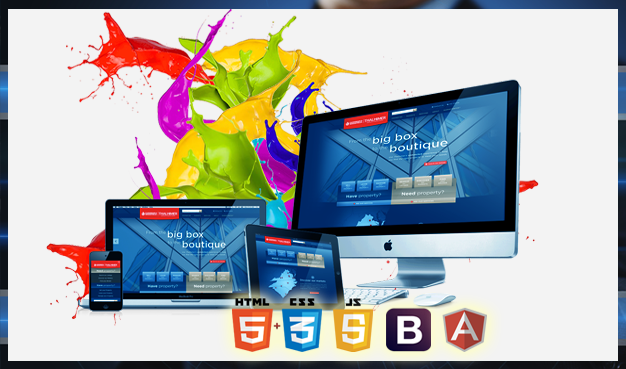- Have any questions?
- (Prasad) +91 96191 46851 | (Parag) +91 99878 20022
- support@pnpwebdesign.com
Exploring the Diverse Landscape: Understanding the Types of Websites

Exploring the Diverse Landscape of Websites: Understanding Different Types of Sites
March 31, 2024
Unlocking the Potential of Websites: A Comprehensive Guide
March 31, 2024Exploring the Diverse Landscape: Understanding the Types of Websites

In today’s digital age, websites serve as the virtual storefronts of businesses, organizations, and individuals, offering a platform for communication, interaction, and commerce. From informative blogs to dynamic e-commerce portals. The internet is teeming with a myriad of Types of Websites, each designed to fulfill specific purposes and cater to diverse audiences. In this comprehensive guide, we’ll delve into the various types of websites. Shedding light on their unique characteristics, functionalities, and applications.
-
Static Websites:

Static websites, also known as brochure websites, consist of fixed content that remains unchanged unless manually updated by the site owner. These websites typically feature basic HTML and CSS code, offering visitors information about a company, individual, or organization. While static websites are easy to create and maintain, they lack dynamic elements such as user interactivity and real-time updates.
-
Dynamic Websites:
Dynamic websites employ server-side technologies such as PHP, ASP.NET, or Node.js to generate content dynamically in response to user interactions or database queries. These websites are characterized by their dynamic nature, allowing for personalized user experiences, interactive features, and real-time updates. Examples of dynamic websites include social media platforms, online forums, and e-commerce sites.
-
E-commerce Websites:
E-commerce websites facilitate online transactions by enabling users to browse, select, and purchase products or services directly from the website. These websites often feature secure payment gateways, shopping carts, product catalogs, and customer accounts to streamline the buying process. E-commerce giants like Amazon, eBay, and Shopify are prime examples of successful e-commerce websites catering to a global audience.
-
Blogging Platforms:



Blogging platforms such as WordPress, Blogger, and Medium provide users with a platform to create and publish content in the form of blog posts, articles, or multimedia. These platforms offer a user-friendly interface, customizable themes, and built-in SEO features, making it easy for individuals and businesses to share their thoughts, expertise, and stories with the world.
-
Portfolio Websites:
Portfolio websites serve as digital portfolios for artists, designers, photographers, and creative professionals to showcase their work and attract potential clients or employers. These websites typically feature galleries or slideshows displaying samples of the creator’s work, along with biographical information, contact details, and testimonials from satisfied clients.
-
Corporate Websites:
Corporate websites are digital representations of businesses or corporations, providing information about their products, services, history, mission, and values. These websites serve as a hub for corporate communications, investor relations, and brand promotion, often featuring corporate blogs, press releases, and career opportunities.
-
Educational Websites:



Educational websites cater to students, educators, and lifelong learners by offering educational resources, courses, tutorials, and study materials. These websites cover a wide range of subjects and disciplines. From academic subjects like mathematics and science to vocational skills and professional development courses.
-
Community Websites:
Community websites bring together like-minded individuals with shared interests, hobbies, or goals, fostering online communities and social interactions. These websites may include online forums, social networking platforms, or niche communities dedicated to specific topics or activities.
Conclusion: Types of Websites
From static brochure sites to dynamic e-commerce platforms. The internet is brimming with a diverse array of website types, each serving a unique purpose and audience. By understanding the characteristics and functionalities of different website types. Individuals and businesses can leverage the power of the web to achieve their goals. Connect with their audience, and make a meaningful impact in the digital realm.





